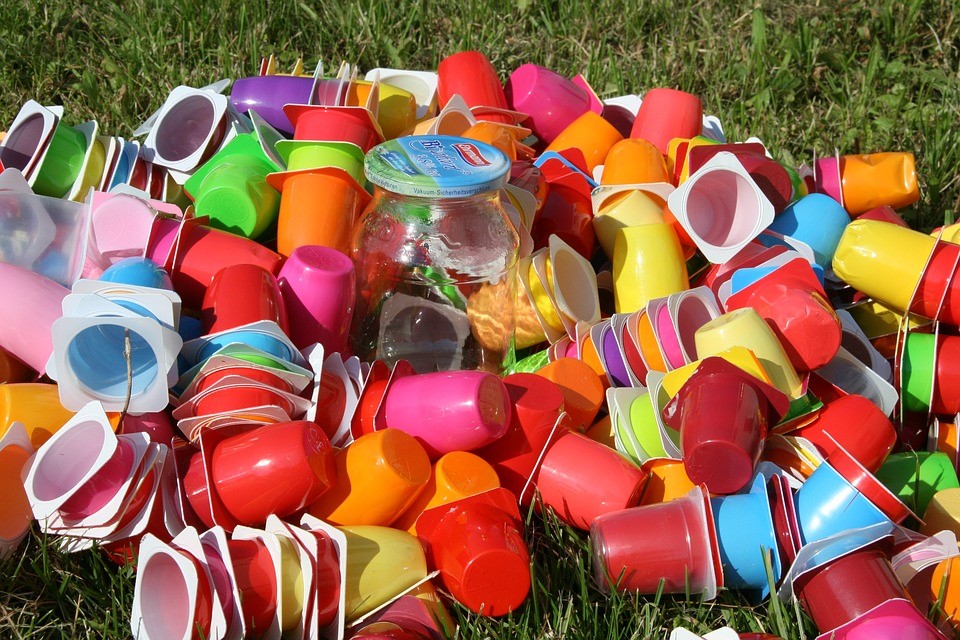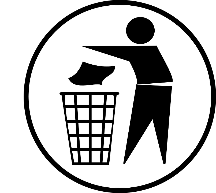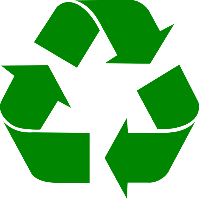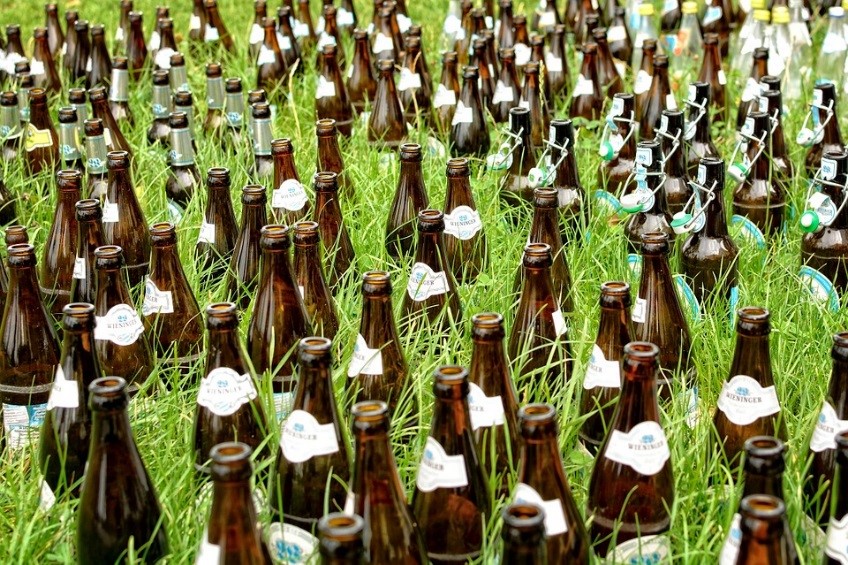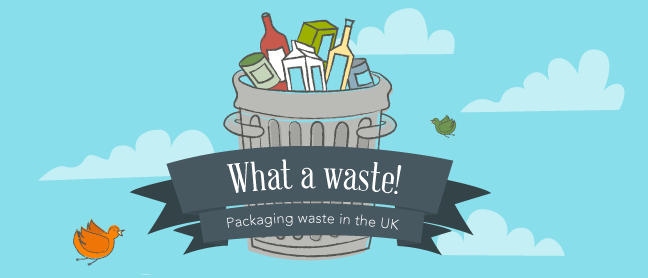When it comes to choosing the right packaging for your needs, it is easy to get wrapped up in the aesthetics of the design or the practicality of the size or material. But you should also consider the effect your chosen packaging may have on the environment.
How is Packaging Affecting the Planet?
Fly-tipped rubbish and landfills have long been a problem facing the world. And whereas many have made a conscious effort to recycle more in recent years, waste statistics are still alarming.
According to National Geographic, there is currently 5.35 trillion pieces of plastic debris in the world’s oceans with 269,000 tonnes of this floating on the surface. And that’s only plastic waste!
Currently, only half of all household waste in the UK is recycled, yet waste awareness is on the rise.
What Packaging Can Be Recycled?
The majority of printed packaging will now come marked with symbols to signify if it can be recycled or not. These symbols usually depict either a series of arrows forming a triangle in a circuit like structure, or a stick figure stood over a bin.
However, just because packaging doesn’t have this symbol, it doesn’t mean it can’t be recycled. Your local authority or waste management company will be able to provide you with an exact list of materials it will reuse, but in most cases the following packaging materials may be recyclable:
- Paper
- Cardboard
- Glass
- Some plastics – bottles, containers, bags and pots
- Some metals – tins and canisters
- Corks
How Many Times Can Packaging Be Recycled?
Some packaging materials can be recycled an infinite number of times, others just 2 or 3 times. Let’s break down the lifespan of some of the most commonly used packaging materials:
Paper – 5 to 7 times
Cardboard – 3 to 4 times
Glass – Infinitely
Plastic – Once
Polystyrene – Once
Aluminium, copper and other metals – Infinitely
Why Should We Choose Biodegradable Packaging?
If you would like to do your bit to lower your impact on our planet and improve your company’s eco reputation, biodegradable packaging can help.
Biodegradable materials can easily be broken down and decompose rapidly, without releasing toxic substances into the environment around them. These materials range from wood and paper, to some plastics, and can also be composted at home, alongside food waste or garden clippings, or disposed of correctly by a registered waste carrier.
Here at Charlotte Packaging we offer a number of biodegradable options. Whether you opt for our film based renewable resource Natureflex or our polylactic acid (PLA) film, you can rest assured you’ll be using a non-toxic, low impact alternative.
If you would like to learn more about our biodegradable packaging options or would prefer to make an order by phone, please contact our friendly team by clicking here. Alternatively, read more about packaging waste in the UK by clicking the below image.

